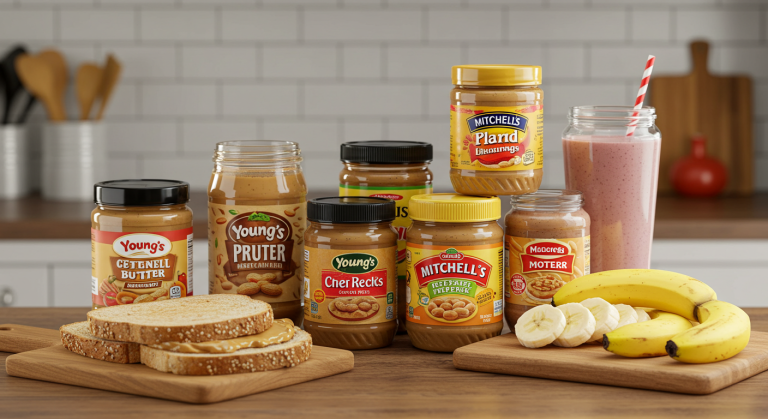Why have petrol Prices Increased in Pakistan? Analyzing the Reasons Behind the Surge
Petrol prices in Pakistan are rising due to global oil market trends, a weaker Pakistani Rupee, and government tax policies. Higher international crude oil prices, impacted by OPEC and global tensions, increase import costs. The Rupee’s fall against the US Dollar makes fuel even more expensive. Additionally, government taxes like GST and PDL, along with reduced fuel subsidies, add to the price consumers pay.
Key Reasons Behind Petrol Price Hike:
- Global Crude Oil Prices:
- One of the biggest reasons is the increase in international crude oil prices.
- Due to global demand, supply chain issues, and conflicts like the Russia-Ukraine war, oil has become more expensive worldwide.
- Exchange Rate Fluctuations:
- The Pakistani rupee has been unstable against the US dollar.
- Since Pakistan buys oil in dollars, a weaker rupee means higher costs for importing fuel.
- Government Tax and Levy Adjustments:
- The Government includes petroleum development levy (PDL) and general sales tax (GST) in fuel prices.
- These taxes are sometimes raised to meet IMF conditions or increase revenue.
- IMF Loan Program Requirements:
- As part of the IMF agreement, Pakistan is reducing fuel subsidies.
- This causes petrol prices to rise so the government can recover real costs.
- Import Dependency:
- Pakistan relies heavily on imported oil.
- Any change in shipping, refining, or global fuel prices directly impacts local prices.
- Supply Chain Disruptions:
- Delays at ports, political instability, or fuel shortages in the region also raise costs.
Impact on Common People:
- Higher transportation fares
- Increased prices of goods and services
- Greater burden on middle and lower-income groups
What Can Help?
- Strengthening the rupee
- Investing in local energy alternatives like solar and wind
- Improving oil storage and refining capacity

